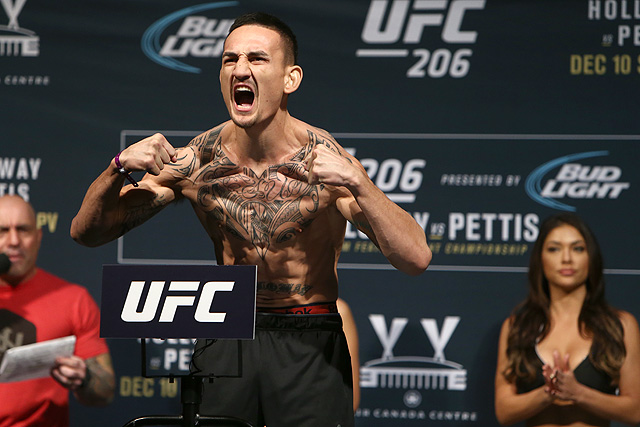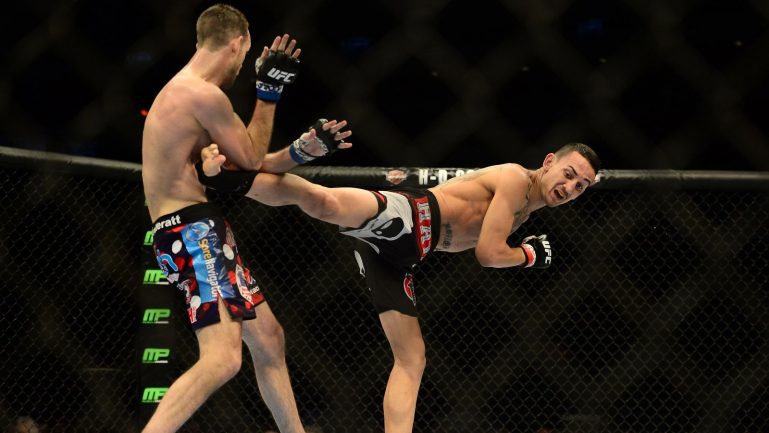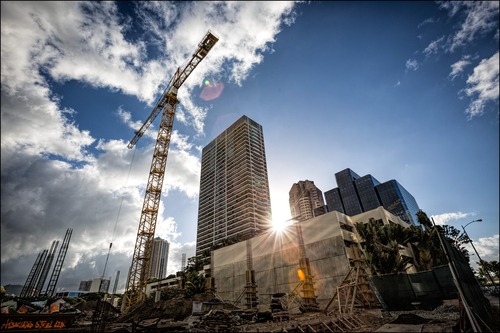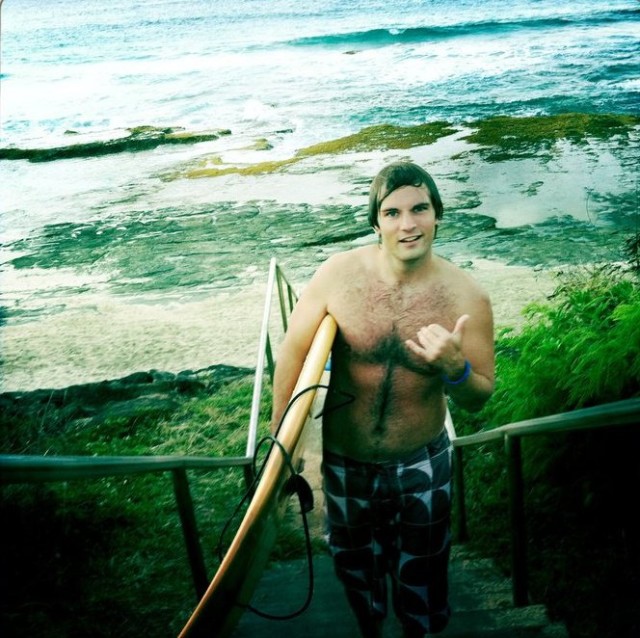“You’ve probably never been to Waianae, Hawaii. Though it is only 30 miles west of Waikiki, they are worlds apart. With a population of around 13,000, there are more tourists on the island on any given day than people who actually live in Waianae. A little more than 8,000 of its residents are of Native Hawaiian ancestry — which is not the same as simply being from Hawaii — making Waianae one of the most Hawaiian places on the island. The ethnic composition of the area is a small but important part of its reputation.
At the heart of the ahupuaʻa, or land division, since Waianae can hardly be called a city, is the high school. Waianae High School has held the dubious distinction of having the highest dropout rate in the state for over a decade. Around 30 percent of the students drop out, and nearly all of them are male; graduating classes are around 85 percent female. Of the students who stay enrolled, 70 percent of them qualify for free or reduced lunch assistance. Nearly 30 percent of the population lives under the poverty line, a reality exacerbated by rampant drug abuse, particularly crystal meth. Waianae is home to the oldest and largest encampments of homeless people in the state.
There are a lot of tough, rugged places in Hawaii, but none like Waianae. To represent the hot, dry side of Oahu is a well-understood shorthand in the islands for “don’t [expletive] with me.” To know Waianae is to understand newly crowned interim Ultimate Fighting Championship featherweight titleholder Max Holloway…”




